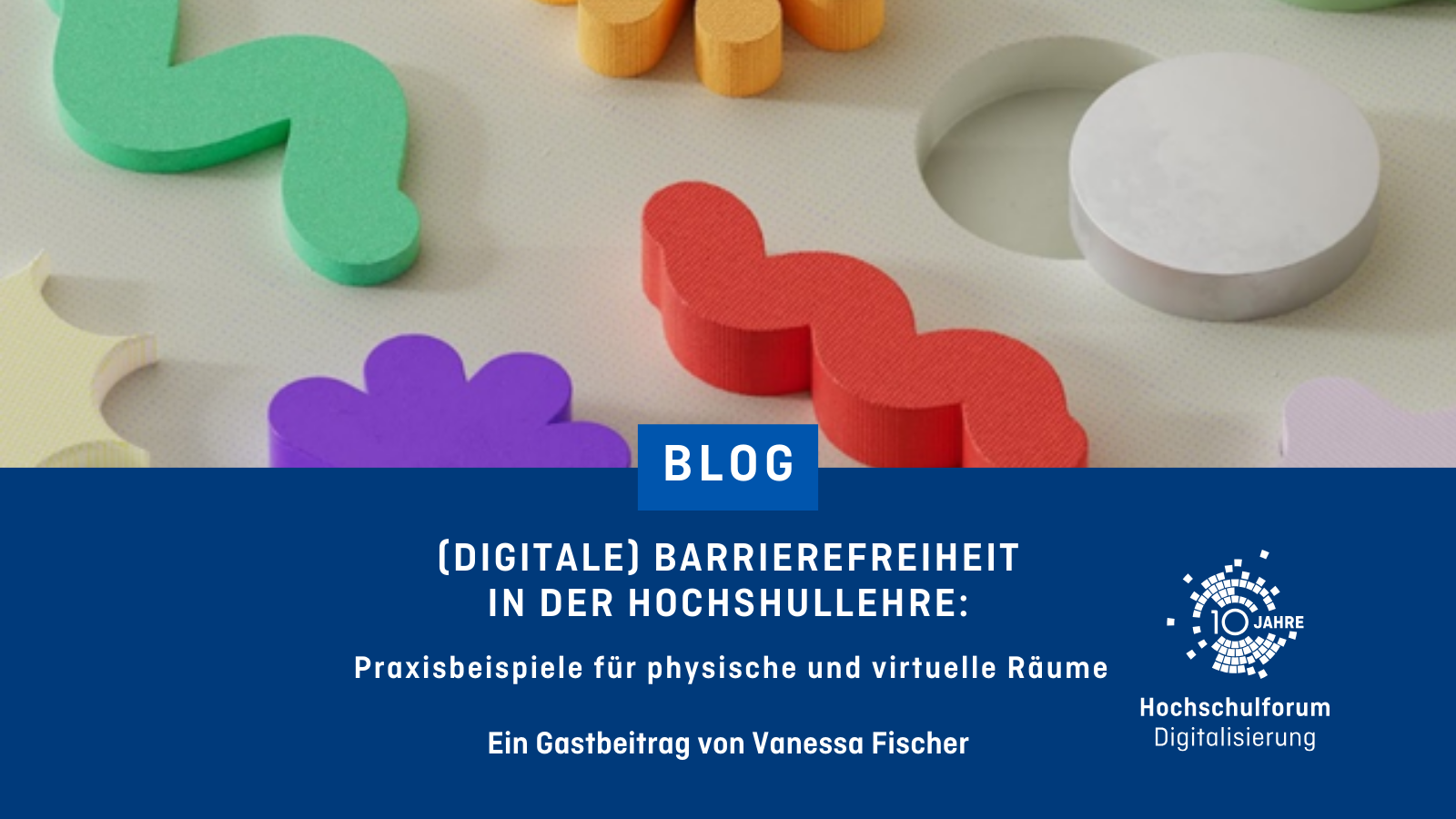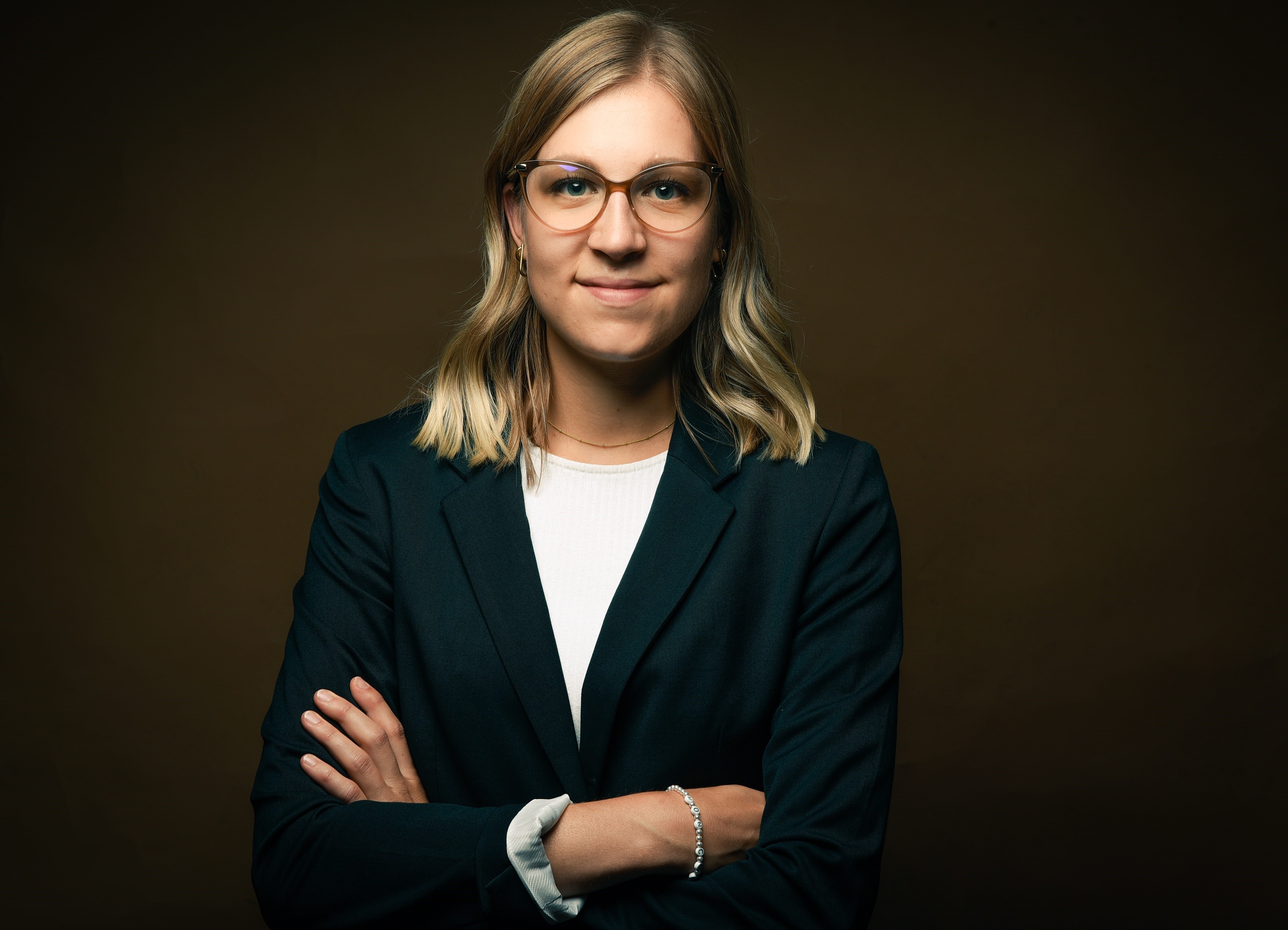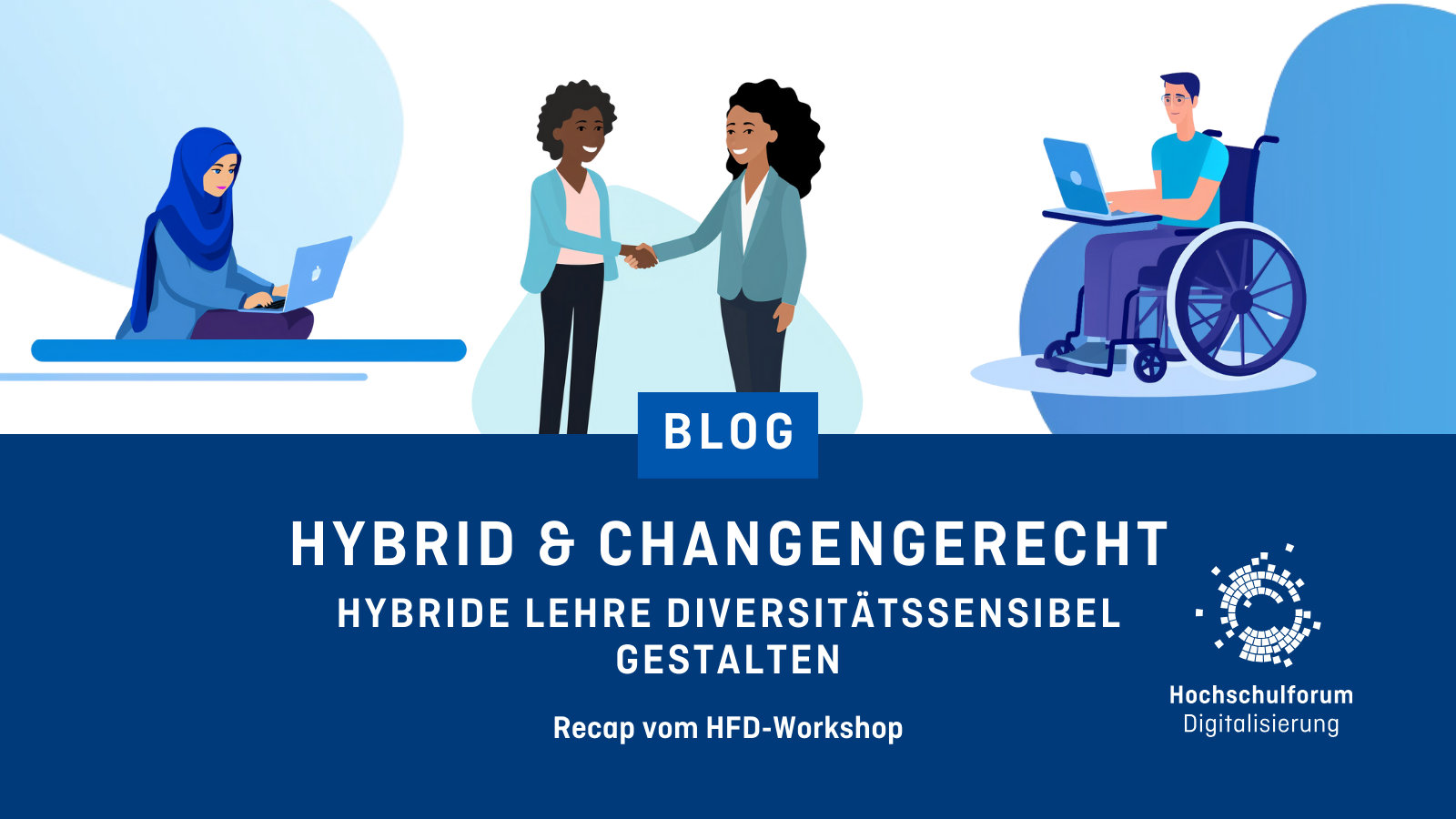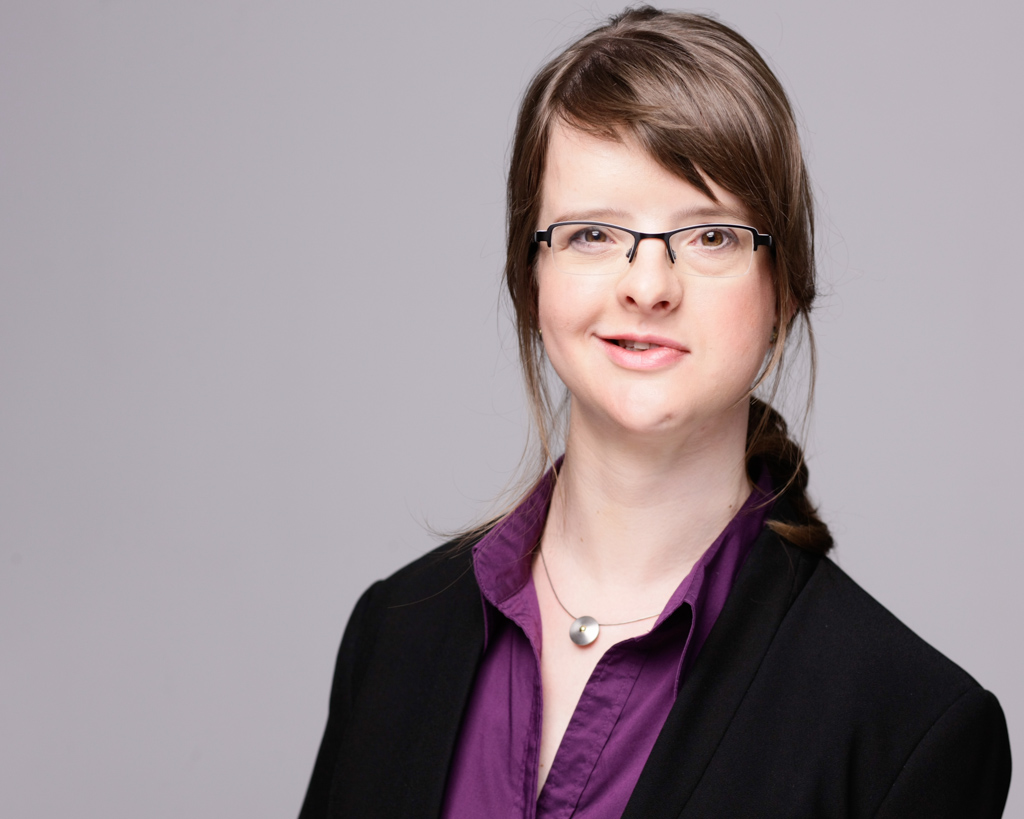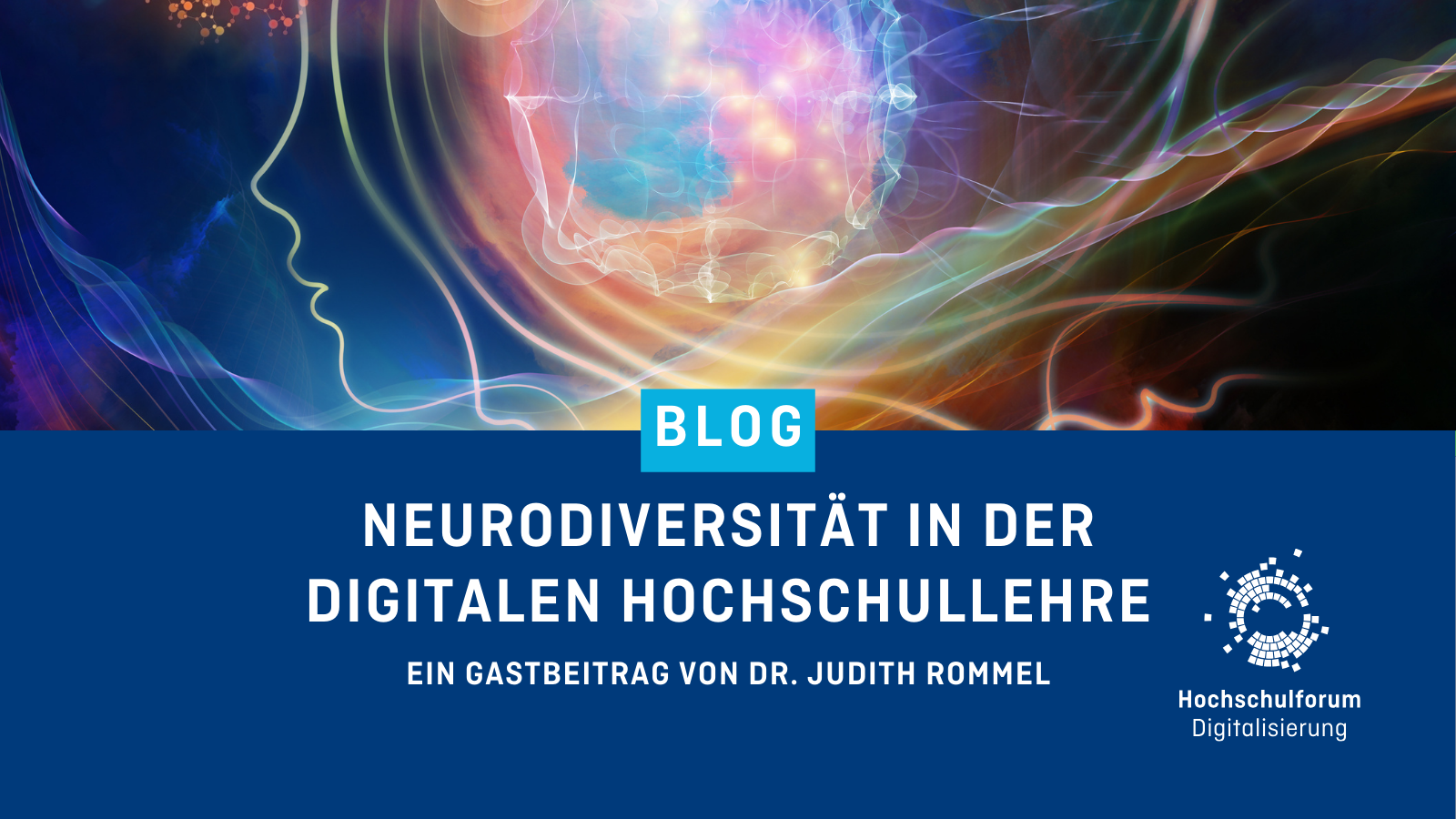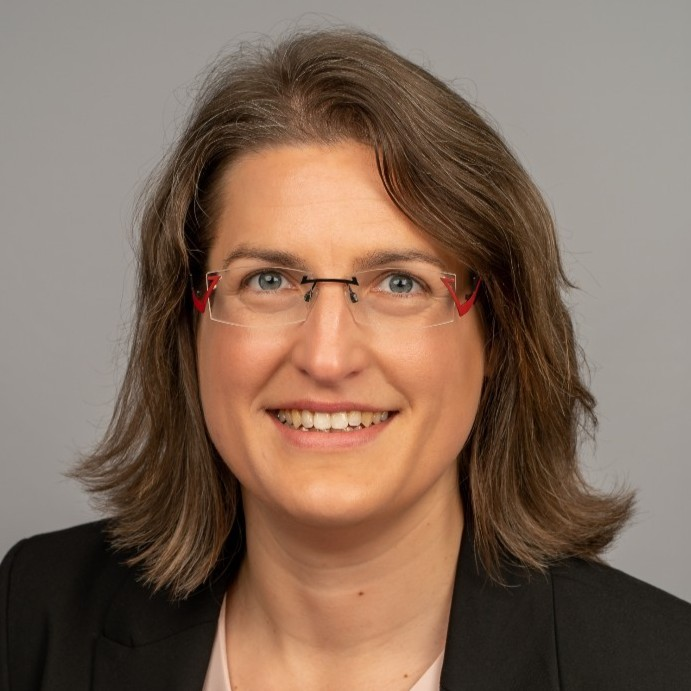Think Tank Equal Opportunities & Diversity
How can digitalization contribute to making higher education more inclusive and equitable? What new challenges are arising from the digitalization of studying and teaching and how will we meet them in the future? Since 2021, the HFD’s InnovationHub has been dedicated to the topic of digital participation and, together with experts from the university landscape, is developing impulses and initial solutions. The aim is to make access to digital education fairer and to raise awareness of the challenges in the context of equal opportunities and diversity in the digital age at universities.
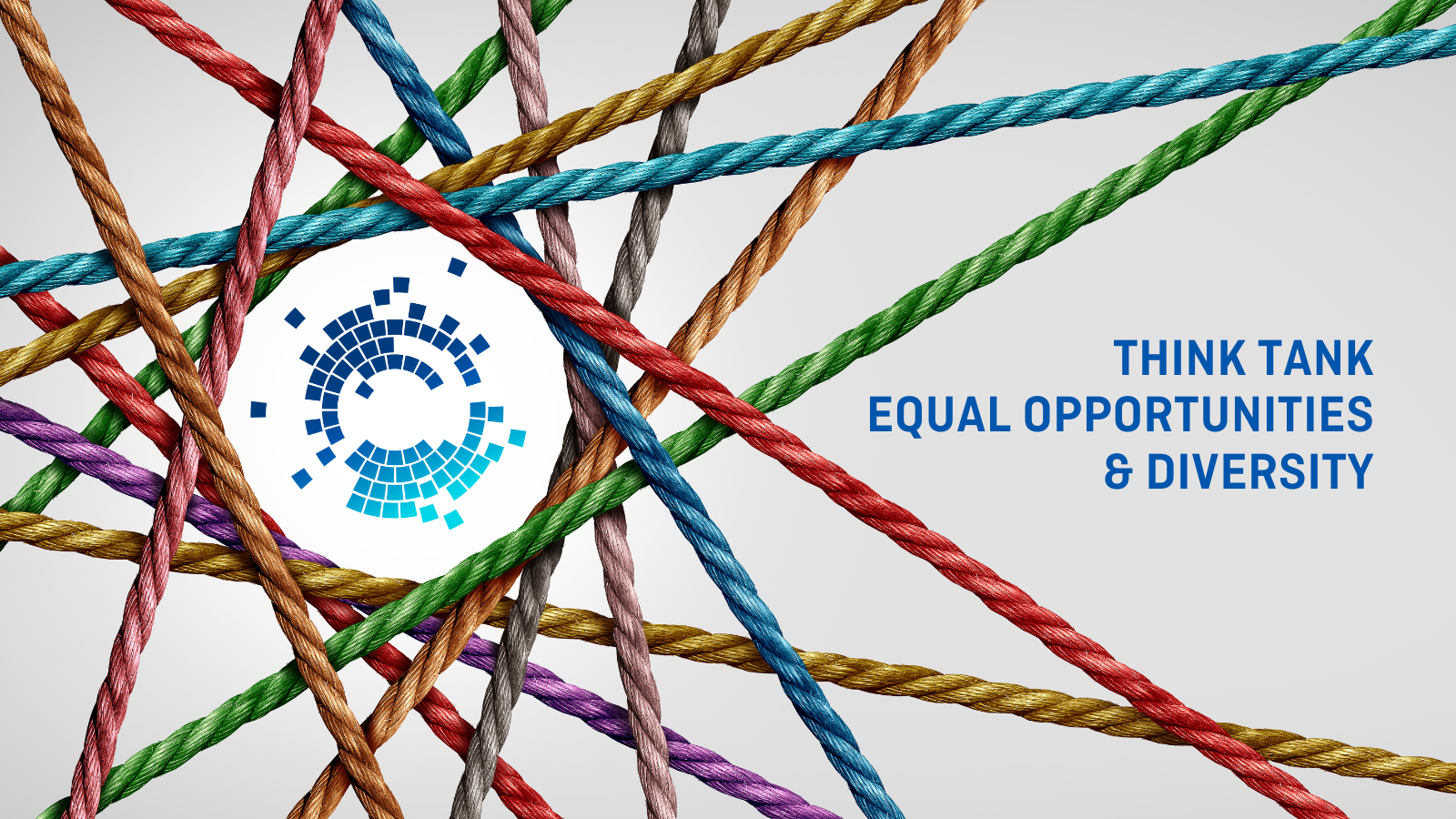
Diversity shapes and enriches universities, but also presents them with new challenges. In addressing the issue of equal opportunities in higher education under the conditions of digital transformation, the HFD picks up on one of the central observations of the past (pandemic) years: Participation in education does not automatically become fairer, more open and more permeable just because it opens up to the possibilities of digital transformation. Rather, there are very specific challenges in terms of equal opportunities and (digital) participation for which universities will have to find solutions in the future.
Different learning biographies, extracurricular work and family commitments as well as financial and physical limitations are just some of the elements of diversity that make it much more difficult for some students to study successfully. The following figure shows how many students have to deal with additional challenges alongside their studies:
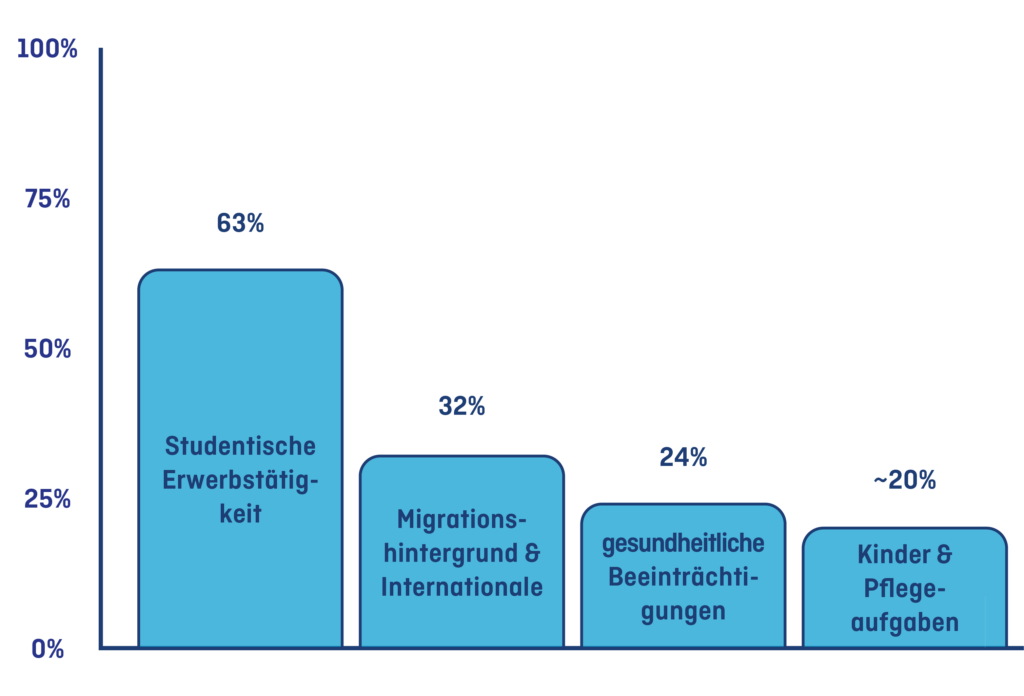
These student groups in particular benefit considerably from digital (teaching) offerings at universities. However, students who are in a better socio-economic and health situation also increasingly want more flexible study options in order to realize personal life goals and thus achieve greater life satisfaction. The topic is also relevant in terms of university strategy: A university that strategically combines diversity with digitalization activities facilitates access for a larger group of students. Especially in view of the growing shortage of skilled workers, universities must become even more attractive for prospective students and students with special needs in the future. Because one thing is clear: there is a demand for more flexible, digitalized learning alternatives and students are choosing the universities that best meet their needs. The attractiveness and flexibility of study programs for as diverse a student body as possible will therefore (have to) play an important role in the future recruitment of new students if state universities in particular want to remain competitive.
Thematically closely linked to the “Equal Opportunities & Diversity” think tank is the Digital Accessibility working group on specific issues of digital accessibility in university teaching.
Goals of the think tank
-
Making the perspectives and needs of affected students visible and including them in the dialog with teaching staff and university management.
-
Sensitizing strategic decision-makers to the needs of diverse student groups in order to stimulate discussions at university policy level.
-
Promoting dialog with teachers, diversity experts and students on the diversity-sensitive design of digital teaching and learning scenarios.
Through these objectives, the think tank “Equal Opportunities & Diversity” strives to actively promote an inclusive and fairer higher education landscape in the digital age at universities.
Previous publications
A wide range of blog posts by experts and those affected in the
Previous events & lectures
Workshop “Hybrid & Chancengerecht – Hybride Lehre diversitätssensibel gestalten”
What opportunities and challenges do hybrid courses offer? Together with the TH Köln and the University of Potsdam, the HFD organized online workshops to discuss how teachers can design hybrid courses in a diversity-sensitive and accessible way.
You can find the workshop recap by Tina Basner, Marie Rüdiger, Klara Groß-Elixmann and Nadine Fischer here: https://hochschulforumdigitalisierung.de/hybrid-und-chancengerecht/
Presentations at the DivDig conference in Bamberg: “Diversity needs digitality” (10/2023):
Technical articles and documentation of all contributions will follow in the conference proceedings (publication planned for 08/2024):
- “Diversity needs digitalization – university strategies for all needs”(Diversity needs digitality – programme with abstracts of the contributions – p. 5)
- “Digitale Gewalt an Hochschulen” (Diversität braucht Digitalität – Programm mit Abstracts der Beiträge – S. 23)
- “Student participation with the PartiDeck” with the Digital Change Makers
Talks at the University:Future Festival (5/2023)
“Ressource anstatt Hürde sein: für eine beziehungsreiche und machtsensible (digitale) Lehre” mit den Expert:innen von Unconditional Teaching
“Digitale Gewalt an Hochschulen” with the Digital Change Makers
International Panel Discussion at the DAADconference on 30.10.22 in Berlin
“Spanning the distance between being international and diverse: institutions for all?” with invited experts from South Africa, U.K., India and Germany together with Digital ChangeMakers from the HFD. Moderation: Channa van der Brug & Tina Basner, HFD (Recording from 01:56:04)
Community hangout & discussion with students and the Unconditional Teaching experts on the topic of “Social Accessibility” (09/2022)
Workshop: “Teilhabe & (digitale) Lehre” für Lehrende von Unconditional Teaching (09/2021)
Content from this workshop was presented in the discussion paper “Unconditional Teaching – Social accessibility in digital teaching” (2022).
Contact & contact person
Do you have ideas or good practice on how we can make universities more equal opportunities and diversity-sensitive in the digital age? Are you affected by new forms of digital injustice and want to draw attention to them? The HFD offers you a platform and the opportunity to become visible, e.g. through blog posts, workshops or presentations at our events, and to jointly develop solutions and recommendations for action.
Please do not hesitate to contact us:
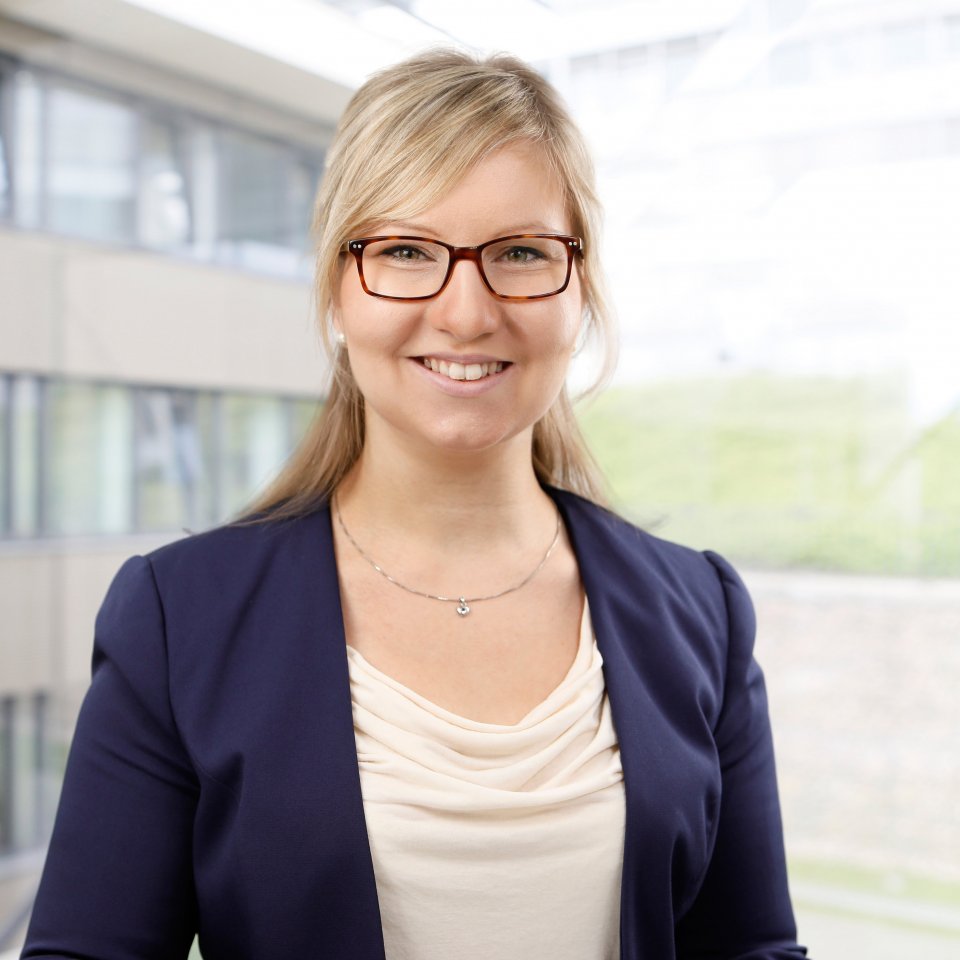 Tina Basner
Tina Basner

